WASHINGTON — The U.S. government begins phasing out paper checks for most programs on Tuesday.
The change stems from an executive order President Donald Trump signed in March. It will impact recipients of Social Security, Supplemental Security Income, and tax refunds.
Trump’s Republican administration says switching all payments and collections to electronic methods will protect taxpayers from fraud and stolen checks, speed up processing, and lower costs. However, advocates warn the move could harm marginalized Americans who lack access to digital services and may not even know about the phase-out.
“A lot of claimants move around and don’t always get their mail,” said Jennifer Burdick, a divisional supervising attorney in the SSI Unit at Community Legal Services in Philadelphia. “And the folks that I represent who get paper checks mostly learned from me about this transition.”
Roughly 10% of Burdick’s clients still receive paper checks. She fears new recipients who need a paper check to open a bank account will struggle—or even find it nearly impossible—once the phase-out takes effect.
Nearly 400,000 Social Security and SSI recipients currently rely on paper checks. That’s less than 1% of the 70.6 million retirees, disabled individuals, and children who receive Social Security benefits.
Going forward, recipients will get their payments through direct deposit or a Direct Express card, which is designed for people without bank accounts. Still, the Social Security Administration says it will continue to issue paper checks in cases where no other option exists.
“Where a beneficiary has no other means to receive payment, we will continue to issue paper checks,” the SSA stated.
Kathleen Romig, director of Social Security and disability policy at the Center on Budget and Policy Priorities, points out that the people most affected by this change are often the most vulnerable — “often unbanked or unhoused, and lacking in the tools and skills they need to access digital services.” She explains that there are reasons many haven’t switched yet: some struggle with mental health crises that make them wary of financial institutions, while others simply don’t have enough money to open a bank account.
“This is a population that can’t afford to miss a payment, so it’s very important that the Trump administration manage the transition without interrupting their benefits,” Romig said.
Nancy Altman, president of Social Security Works, an advocacy group dedicated to preserving Social Security benefits, calls the phase-out of paper checks unnecessary.
“If it’s not handled right, it will be devastating” for people who are unaware of the change and have limited incomes, Altman said. “I think anyone should be able to get a paper check. And while less than 1% is getting a check, that’s still a lot of people.”







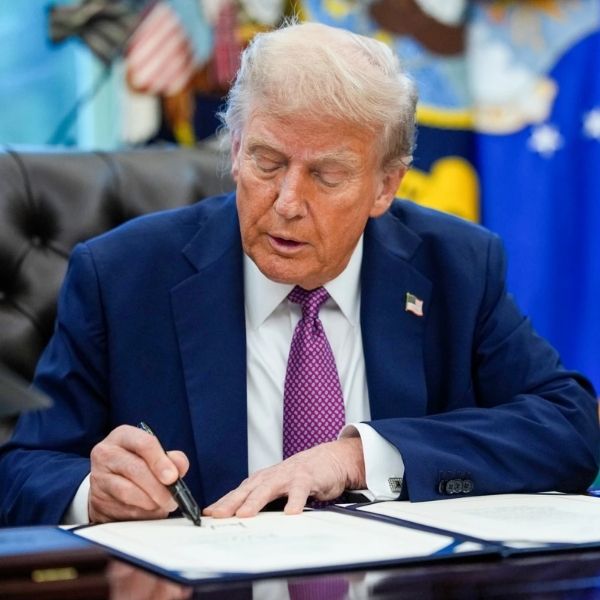
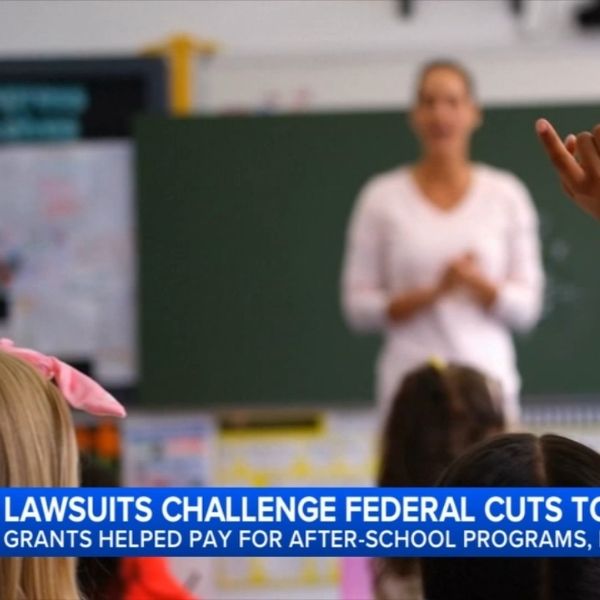
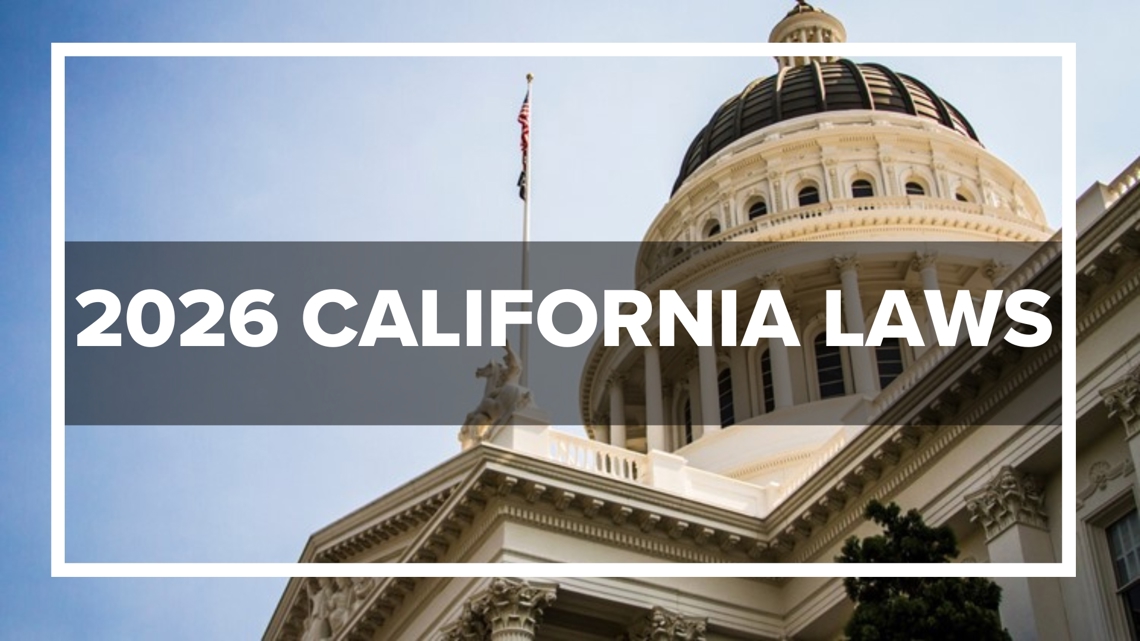
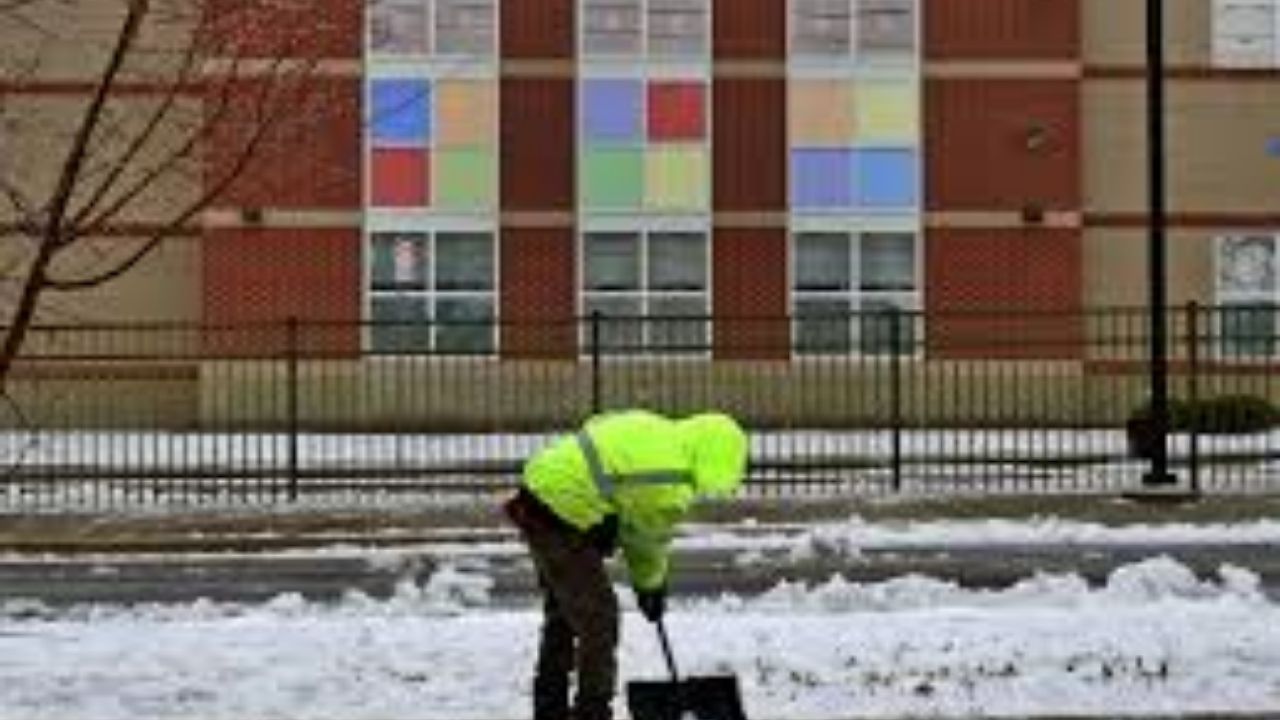
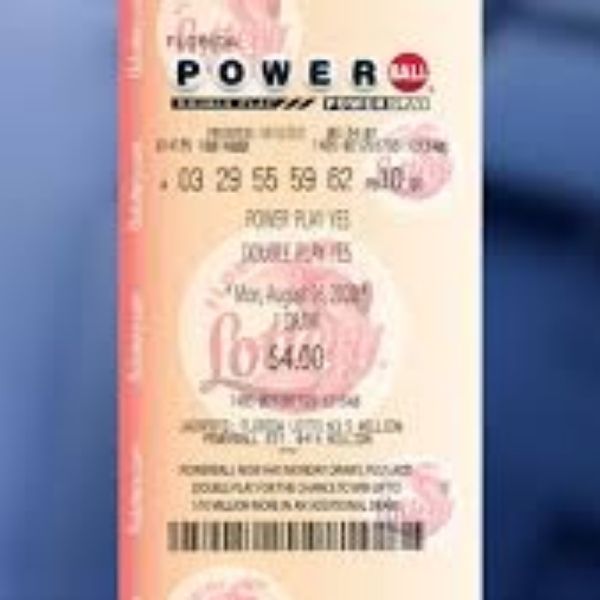



Leave a Reply